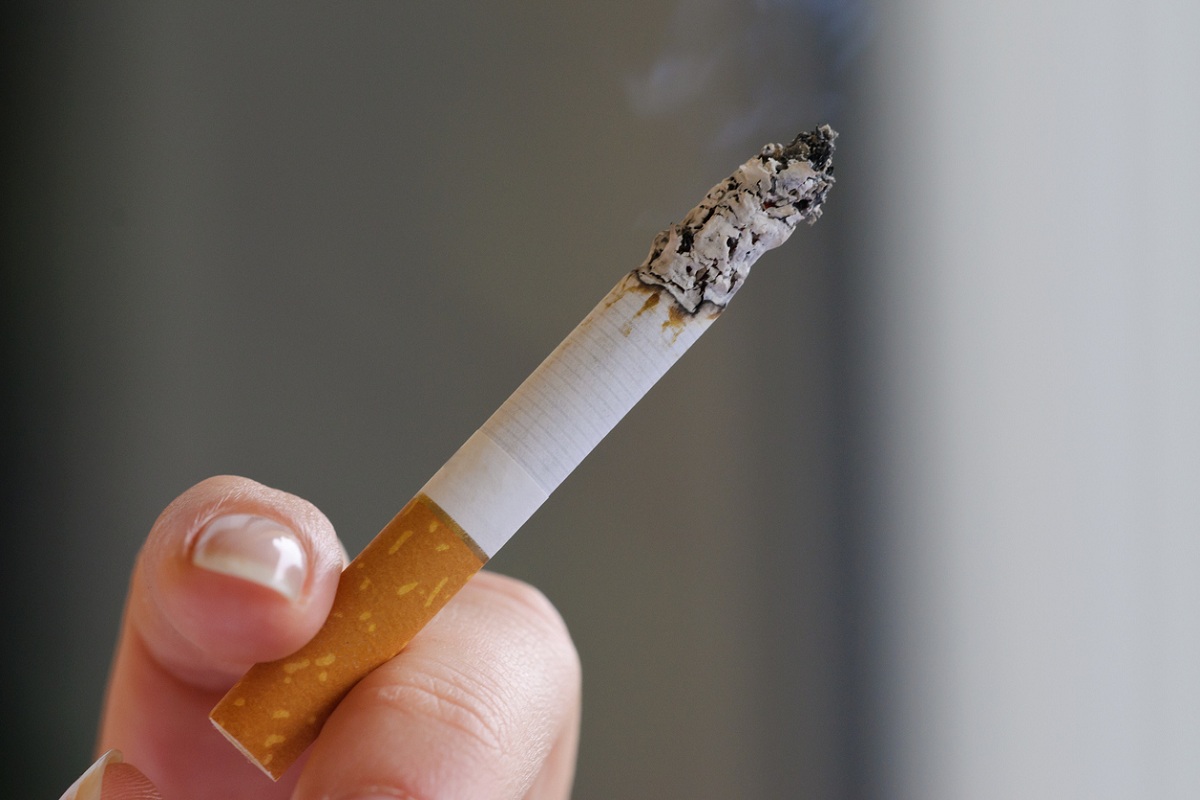Perils of addictions
A recent study by University College London has presented the results of its findings on the impact of smoking on life expectancy in rather dramatic terms.

A recent study by University College London has presented the results of its findings on the impact of smoking on life expectancy in rather dramatic terms.

Few topics in mental health create as much attention and misunderstanding as the rise of vaping.

Public Health experts have called for innovative strategies for revitalising India's tobacco cessation drive and also emphasised the urgent need to reinforce conventional methods of quitting tobacco in the country.

Even modest smoking of just 1-2 cigarettes per day, either before or during pregnancy is strongly linked to serious health issues for the foetus, warned research.

Amid the rising pollution that has adversely impacted the health of adults and children alike, city experts underscored the dangers associated with the menace informing that 22 micrograms of particulate matter (PM2.5) is equivalent to smoking one cigarette in terms of damage.
There are hundreds of chemicals in smoke, many of which are cancer-causing or carcinogenic in nature.
According to a study, weakness and major diseases associated with ageing are worsened by the development of molecular damage.
Former smokers had significantly lower mortality than current smokers, but slightly higher mortality than never-smokers.
Mark Twain once said, “Giving up smoking is the easiest thing in the world, I know because I have done it thousands of times.” This statement is true as we have all heard the words ‘I quit for a while, but started again, ‘I’m quitting tomorrow’ etc. Once it becomes habitual, smoking becomes very hard to give up.
The study, published in the journal 'Stroke', indicates that those who smoked half a pack to 20 packs of cigarettes a year have a 27 per cent increased risk of SAH.
